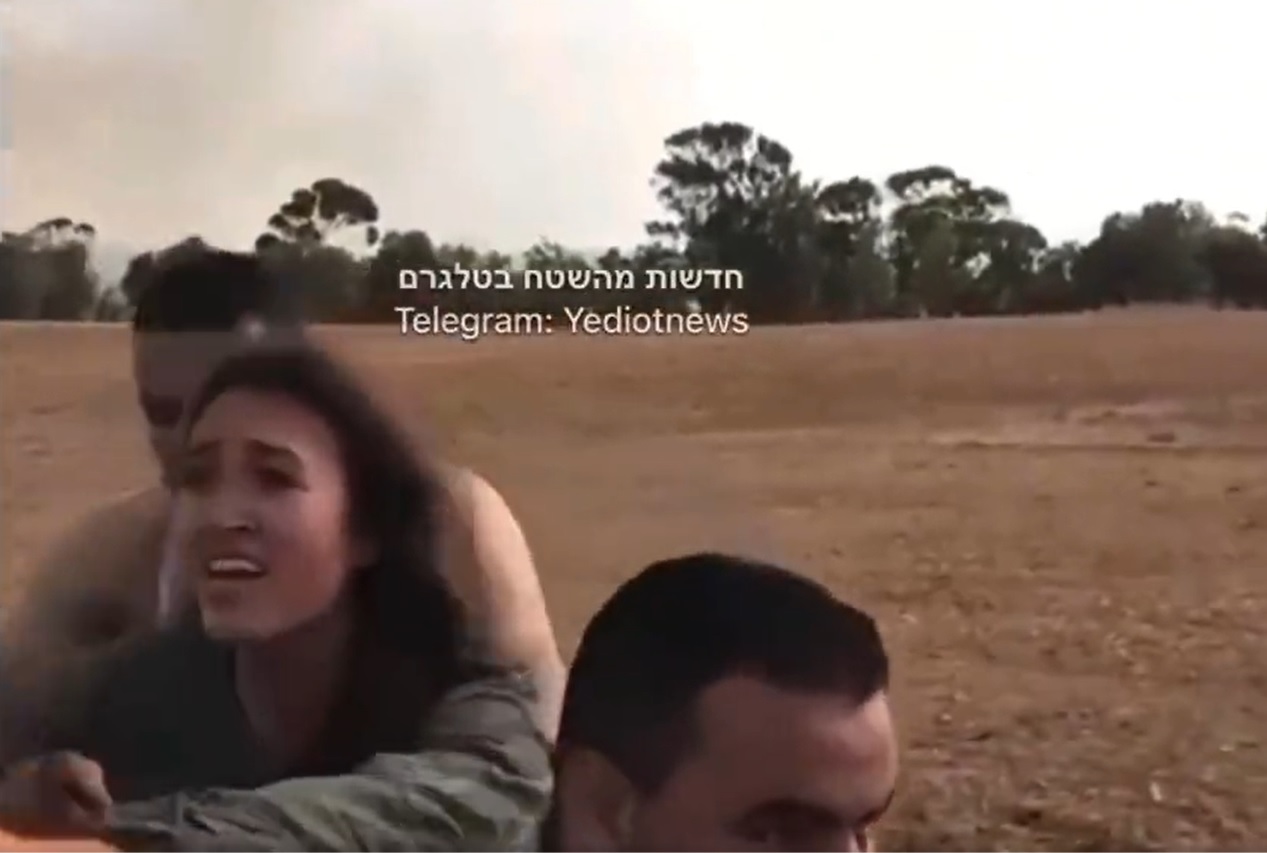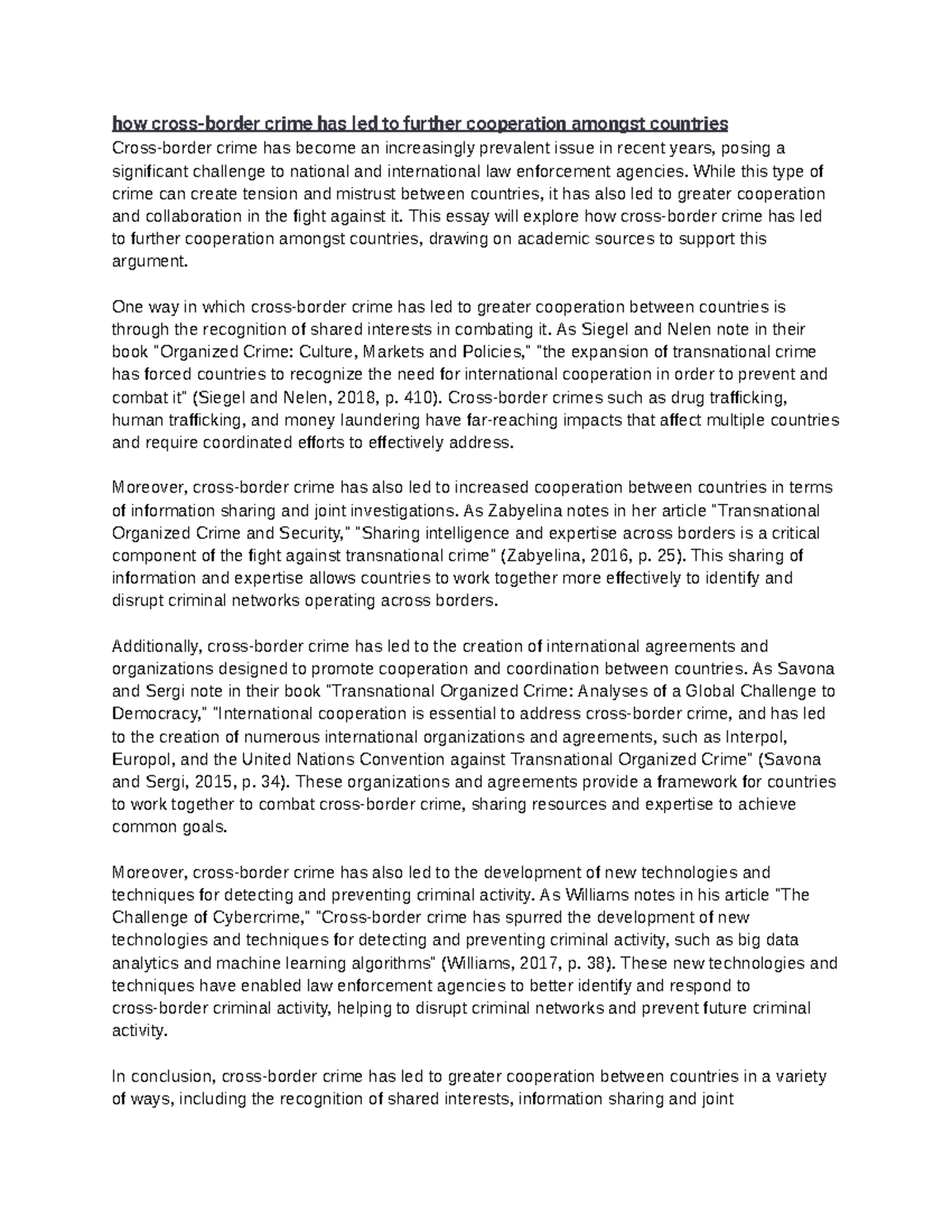Hostages In Gaza: The Nightmare Continues For Their Families

Table of Contents
The Human Cost of the Hostage Crisis in Gaza
The hostage crisis in Gaza inflicts a profound and devastating human cost, extending far beyond the immediate victims. The psychological toll on families is immense, characterized by a relentless cycle of anxiety, fear, and uncertainty.
Emotional Toll on Families
The emotional burden on families with loved ones held hostage is immeasurable. The lack of reliable information only exacerbates their suffering, leaving them vulnerable to conflicting reports and agonizing uncertainty.
- Lack of communication: The inability to contact hostages leaves families desperate for any news, fueling anxiety and despair.
- Conflicting reports: The spread of misinformation further complicates the situation, creating emotional turmoil and hindering efforts to find the truth.
- Fear of harm or death: The constant threat of violence against their loved ones hangs heavy over families, causing immense stress and fear.
- Strain on family relationships: The prolonged stress of the hostage situation puts immense pressure on family dynamics, leading to conflict and breakdown.
- Financial hardship: Many families face significant financial burdens, struggling to cover expenses while dealing with the emotional and logistical challenges of the crisis.
The Search for Information and Support
Families desperately seek information about their loved ones, often navigating a complex and frustrating landscape. Access to reliable information and adequate support is severely limited.
- Lack of official channels: The absence of clear communication channels from authorities leaves families feeling abandoned and helpless.
- Misinformation: The spread of false or misleading information online and through unofficial sources adds to their distress.
- Bureaucratic hurdles: Navigating complex legal and administrative processes adds to the emotional burden and delays any potential resolution.
- Inadequate humanitarian aid: The lack of sufficient humanitarian aid leaves families struggling to meet their basic needs during this difficult time.
- Challenges navigating complex legal and political landscapes: The political complexities surrounding the hostage situation create further obstacles for families seeking justice and closure.
International Community Response and its Shortcomings
While the international community has made efforts to address the hostage situation in Gaza, significant shortcomings remain. The response has been widely criticized for its inefficacy and lack of decisive action.
International Efforts to Secure the Release of Hostages
Various international organizations and governments have engaged in diplomatic efforts to secure the release of the hostages. These efforts encompass a range of strategies:
- Diplomatic efforts: Negotiations and diplomatic initiatives have been undertaken, although often with limited success.
- Humanitarian initiatives: Humanitarian organizations are providing aid where possible, addressing immediate needs but often unable to address the root causes.
- Sanctions: Sanctions have been imposed on certain actors involved in the conflict; however, their effectiveness in securing the release of hostages remains debatable.
- Calls for investigation of human rights violations: International bodies have called for investigations into potential human rights abuses committed during the conflict, but these investigations face numerous challenges.
Criticisms of International Action
The international response has faced considerable criticism for its perceived failures and lack of decisive action. These criticisms include:
- Ineffectiveness of negotiations: Negotiations have often stalled, leading to prolonged suffering for the hostages and their families.
- Lack of pressure on relevant actors: Critics argue that insufficient pressure has been placed on those responsible for holding the hostages.
- Geopolitical obstacles hindering intervention: Complex geopolitical dynamics and competing interests have hindered effective international intervention.
- Unequal treatment compared to other hostage situations: Some critics point to a perceived double standard, comparing the response to this crisis with the response to other hostage situations globally.
The Long-Term Implications of the Hostage Situation in Gaza
The hostage crisis in Gaza has far-reaching consequences, impacting future relations and creating significant legal and political challenges.
Impact on Future Relations
The prolonged hostage crisis will inevitably leave a lasting scar on regional stability and international relations.
- Damaged trust: The situation has severely eroded trust between various actors involved, hindering efforts toward peaceful resolution.
- Increased tensions: The crisis risks escalating tensions and fueling further conflict in the region.
- Potential for further conflict: The unresolved hostage situation creates a breeding ground for future conflict and violence.
- Impact on peace negotiations: The crisis severely hampers ongoing efforts to achieve a lasting peace agreement.
- Long-term trauma for victims and their families: The trauma experienced by hostages and their families will have long-lasting psychological and social consequences.
Legal and Political Ramifications
Addressing the legal and political ramifications of the hostage crisis presents significant challenges.
- Jurisdiction issues: Determining jurisdiction for prosecuting those responsible for taking hostages is a complex legal matter.
- International law: International law governing the treatment of hostages must be enforced, demanding accountability for human rights violations.
- War crimes: The taking of hostages may constitute war crimes, requiring thorough investigation and prosecution.
- Potential prosecutions: Bringing those responsible to justice will require significant effort in evidence gathering and witness protection.
- Challenges of evidence gathering and witness protection: Securing evidence and protecting witnesses in conflict zones presents significant logistical and security challenges.
Conclusion
The ongoing hostage crisis in Gaza represents a profound humanitarian tragedy, inflicting immense suffering on families separated from their loved ones. The international community's response has been inadequate, failing to effectively address the core issues and leaving families to grapple with uncertainty and despair. The long-term implications for regional stability and international relations are severe, demanding immediate and decisive action. The nightmare for families with loved ones held hostage in Gaza must end. Demand action from your government and international organizations to secure their release and bring those responsible to justice. Let's work together to bring an end to the suffering caused by the ongoing crisis of hostages in Gaza. We must prioritize the safe return of these hostages and ensure accountability for those who perpetrated this grave violation of human rights.

Featured Posts
-
 Close District Final Archbishop Bergan Edges Out Norfolk Catholic
May 13, 2025
Close District Final Archbishop Bergan Edges Out Norfolk Catholic
May 13, 2025 -
 A Comprehensive Review Of Cross Border Crime Fighting Mechanisms
May 13, 2025
A Comprehensive Review Of Cross Border Crime Fighting Mechanisms
May 13, 2025 -
 Kostyuk Snyalas S Matcha Protiv Rossiyanki V Shtutgarte
May 13, 2025
Kostyuk Snyalas S Matcha Protiv Rossiyanki V Shtutgarte
May 13, 2025 -
 Obituaries Remembering Our Recently Deceased Neighbors
May 13, 2025
Obituaries Remembering Our Recently Deceased Neighbors
May 13, 2025 -
 Ai And Xr Convergence Key Platforms To Watch In The Expanding Market
May 13, 2025
Ai And Xr Convergence Key Platforms To Watch In The Expanding Market
May 13, 2025
Latest Posts
-
 Sabalenka Defeats Paolini Sets Up Porsche Grand Prix Final With Ostapenko
May 13, 2025
Sabalenka Defeats Paolini Sets Up Porsche Grand Prix Final With Ostapenko
May 13, 2025 -
 Aryna Sabalenka Challenges Umpire With Ball Mark Photo At Stuttgart Open
May 13, 2025
Aryna Sabalenka Challenges Umpire With Ball Mark Photo At Stuttgart Open
May 13, 2025 -
 Sabalenkas Miami Open Win 19th Tour Title Secured
May 13, 2025
Sabalenkas Miami Open Win 19th Tour Title Secured
May 13, 2025 -
 Miami Open Sabalenka Defeats Pegula For Victory
May 13, 2025
Miami Open Sabalenka Defeats Pegula For Victory
May 13, 2025 -
 Stuttgart Open Ostapenko Claims Victory Against Sabalenka
May 13, 2025
Stuttgart Open Ostapenko Claims Victory Against Sabalenka
May 13, 2025
